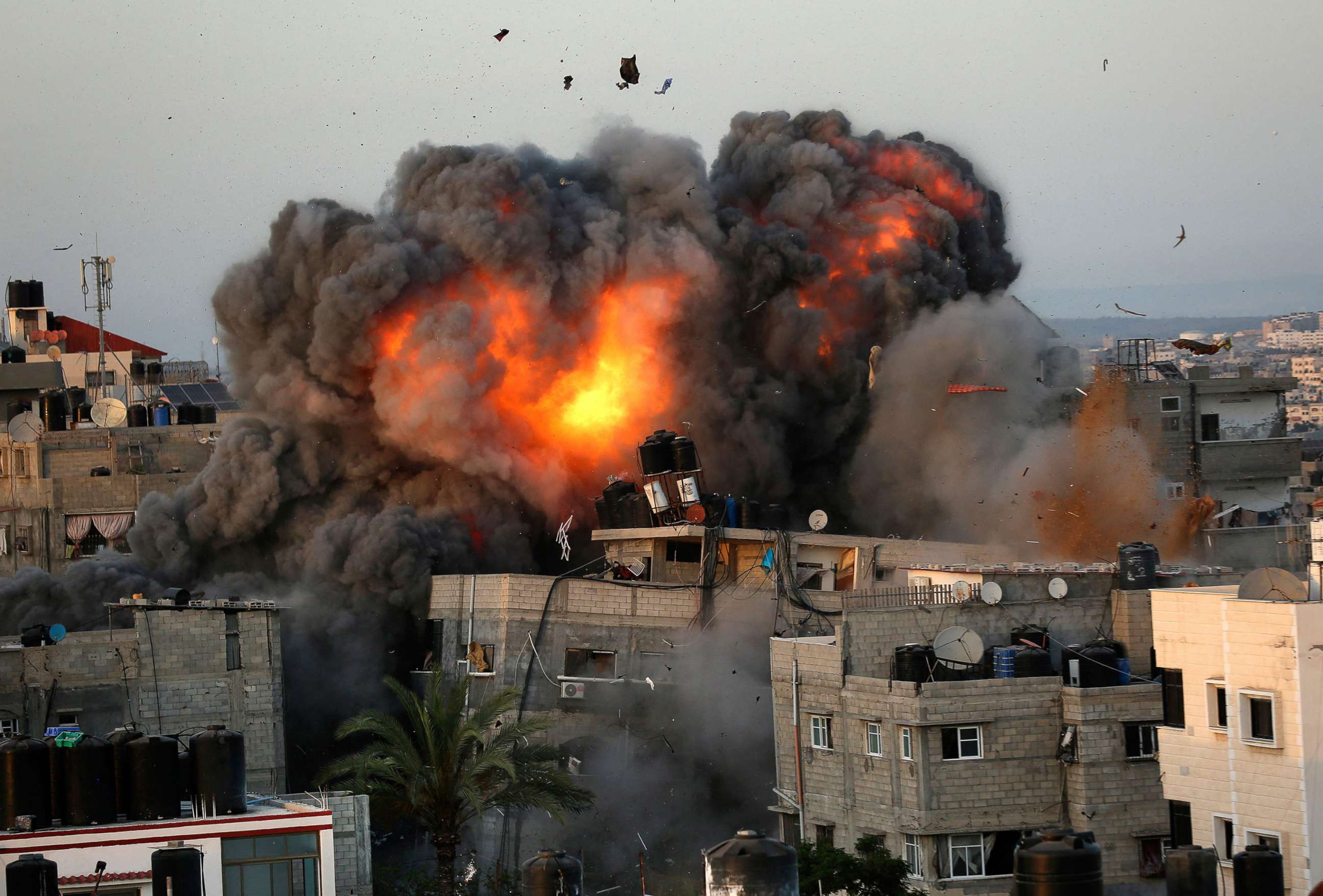
According to Palestinian health authorities, the latest wave of Israeli airstrikes has killed more than 400 individuals, including women and children. Hospitals across Gaza are overwhelmed, struggling to manage the influx of casualties amid limited resources. The Gaza Health Ministry reports that the death toll from the 17-month conflict has now surpassed 50,000.
Israeli Prime Minister Benjamin Netanyahu stated that the military action was initiated due to a lack of progress in extending the ceasefire. He emphasized that the operation is open-ended and is expected to expand. "Israel will, from now on, act against Hamas with increasing military strength," Netanyahu's office declared.
The Israeli Defense Forces have targeted various locations across Gaza, including residential areas, refugee camps, and infrastructure associated with Hamas. In one notable incident, a precision strike on Nasser Hospital in Khan Younis resulted in the death of Ismail Barhoum, who had recently assumed the position of Hamas' Prime Minister. Barhoum had sustained injuries in a prior attack and was receiving treatment at the hospital when the strike occurred.
The escalation has also impacted humanitarian efforts in the region. The United Nations has announced a reduction of its staff presence in Gaza following a deadly strike on its compound. Despite this setback, the UN remains committed to providing aid to the affected population. The European Union has emphasized the need for dialogue to achieve peace, while various humanitarian organizations have expressed concern over the deteriorating situation.
In response to the renewed violence, Egypt has proposed a new plan to restore the ceasefire. The proposal calls for Hamas to release five hostages weekly, with Israel responding by initiating the next phase of the ceasefire. The United States and Hamas have accepted the proposal; however, Israel has yet to respond. The plan also includes a timeline for Israel's military withdrawal from Gaza, supported by U.S. guarantees.
The conflict has led to a severe humanitarian crisis in Gaza, with over 124,000 Palestinians displaced and access to aid severely restricted. The United Nations Relief and Works Agency reported that nine of their workers were killed in an Israeli airstrike, and that its headquarters were being targeted by Israel. Medical facilities are struggling to cope with the high number of casualties, and there is an urgent need for medical supplies, food, and clean water.
International reactions have been mixed. While some countries have condemned the Israeli airstrikes and called for an immediate cessation of hostilities, others have expressed support for Israel's right to defend itself against Hamas. The United Nations Security Council has convened an emergency session to address the escalating situation, but no consensus has been reached on a course of action.
Topics
World
